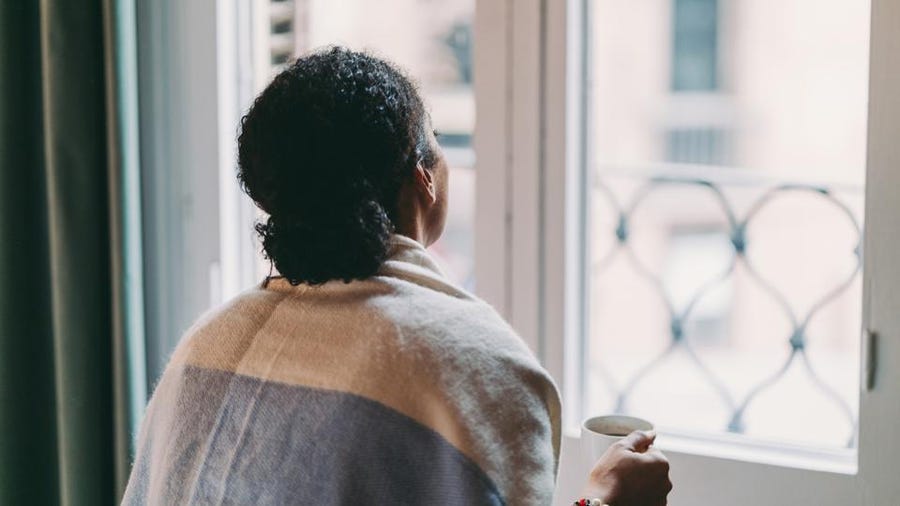It’s been a long, hard road to recovery for me. I never in a million years would have thought that I would be living with OCD and grief, but here I am. It seems like every day is a battle, but there are moments of hope that keep me going. If you’re reading this, then you may be feeling lost and alone right now. But don’t worry, you’re not alone. This blog post will discuss how to find hope in the darkness of OCD and grief.
Contents
What Is OCD?
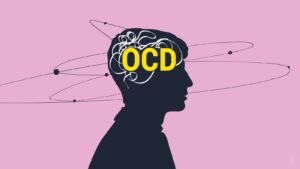
OCD is a mental health disorder that affects people of all ages and walks of life. It is characterized by obsessions (recurrent, unwanted thoughts) and compulsions (repetitive behaviors or mental acts that a person feels compelled to do to relieve anxiety).
For many people with OCD, the obsessions center around themes of contamination, harm, or perfectionism. Common compulsions include excessive hand-washing, checking things repeatedly, and arranging objects in a certain way. People with OCD often know that their thoughts and behaviors are irrational, but they feel powerless to stop them.
OCD can be extremely debilitating, interfering with work, school, relationships, and other aspects of life. It is estimated to affect about two percent of the population and often goes undiagnosed or untreated.
What Is Grief?
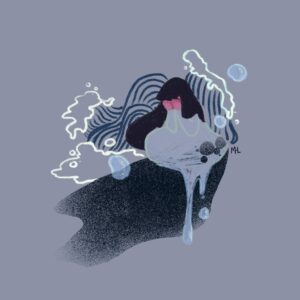 Grief is a natural response to loss. It is the process of adjusting to a significant change or loss in one’s life, such as the death of a loved one, the end of a relationship, or losing one’s job.
Grief is a natural response to loss. It is the process of adjusting to a significant change or loss in one’s life, such as the death of a loved one, the end of a relationship, or losing one’s job.
Grief can be overwhelming and debilitating, interfering with work, school, relationships, and other aspects of life. It is estimated to affect about 20 percent of the population at some point in their lives. Grief is also often misunderstood or misdiagnosed.
Relationship Between OCD And Grief

The relationship between OCD and grief is complicated. Grief can cause OCD symptoms, and OCD can make coping with grief more difficult.
For people with OCD, the loss of a loved one can trigger intrusive thoughts and fears about death. These obsessions can make it hard to focus on anything else or find comfort in memories of the person who died.
People with OCD may also have difficulty accepting that their loved one is gone. They may keep hoping that they will come back, or they may try to hold on to things that remind them of the person. This can make it harder to move on and start healing.
Sometimes there may be many things that people with OCD have to do to feel like they are taking care of their loved ones’ memory. This might include things like:
- Avoiding anything that reminds them of their loved one
- Not talking about their loved one
- Trying to keep busy all the time
- Focusing only on the positive memories
All of these things can make it hard for people with OCD to grieve healthily. If you are struggling with OCD and grief, it is important to get help from a mental health professional who can help you manage your symptoms and work through your grief. With treatment, you can find hope and healing after loss.
While the relationship between OCD and grief is complex, there is hope for healing. Treatment can help you manage your OCD symptoms and healthily work through your grief. If you are struggling, reach out for help from a mental health professional today.
Negative Impacts of OCD And Grief
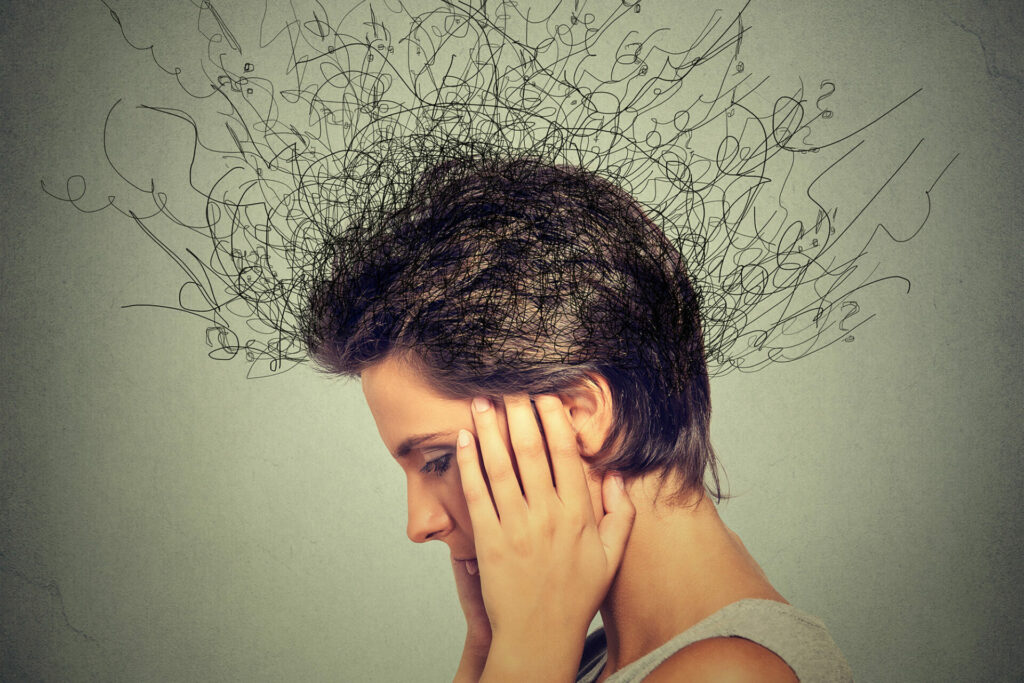
There are many negative impacts of OCD and grief. OCD can cause a person to have intrusive thoughts, compulsions, and/or obsessions that can be very distressing. Grief can cause a person to feel sadness, despair, isolation, and anxiety. These negative emotions can be very difficult to cope with.
OCD and grief can also impact a person’s ability to function in their day-to-day life. OCD can cause a person to miss work or school, avoid social activities, and have difficulty completing everyday tasks. Grief can also cause a person to withdraw from their usual activities, have trouble sleeping or eating, and experience changes in their mood or behavior.
Sometimes many physical symptoms can accompany OCD and grief. These can include fatigue, headaches, stomachaches, and muscle tension. It is important to remember that everyone experiences these disorders differently and there is no “right” or “wrong” way to feel.
If you are struggling with OCD and grief, it is important to seek professional help. There are many resources available that can help you manage your symptoms and live a more fulfilling life. You can learn to cope with your disorders with the right support and find hope in the darkness.
Treatment of OCD And Grief
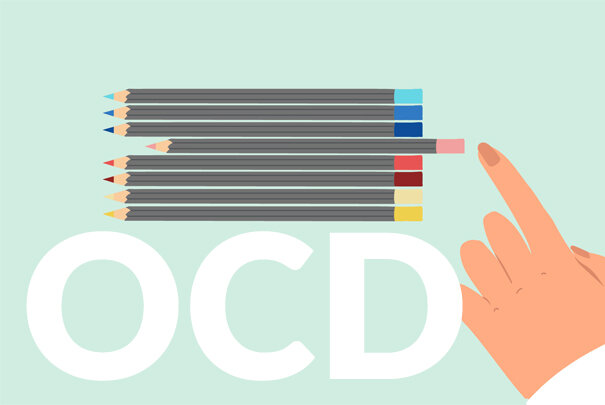
It is possible to find hope and healing after experiencing OCD and grief. While there is no one-size-fits-all solution, treatment options exist that can help you manage your symptoms and live a fulfilling life.
As with any mental health condition, the first step in treatment is seeking professional help. A therapist who specializes in OCD and grief can work with you to create a customized treatment plan. Some of these methods of treatment are:
Medications
Medications are often used to treat OCD and can be very effective in reducing symptoms. Commonly prescribed medications include antidepressants, anti-anxiety medications, and antipsychotics.
Cognitive-Behavioral Therapy
Cognitive-behavioral therapy (CBT) is a type of therapy that helps a person change their thinking patterns and behaviors. CBT is an effective treatment for OCD and can help a person learn how to manage their symptoms.
Exposure and Response Prevention
Exposure and response prevention (ERP) is a type of CBT that involves exposure to the things that trigger your OCD symptoms followed by learning how to resist the urge to engage in compulsions or obsessions. ERP can be an effective treatment for OCD and can help you live a more normal life.
Acceptance and Commitment Therapy
Acceptance and commitment therapy (ACT) is a type of therapy that helps you accept your thoughts and feelings without judgment. ACT can help treat OCD by helping you learn to live with your intrusive thoughts instead of trying to fight them.
Support Groups
Support groups provide a space for people with OCD to share their experiences and connect with others who understand what they are going through. Also, Support groups can be an important part of treatment and can help you feel less alone.
OCD and grief can be difficult disorders to cope with, but treatment options are available that can help you manage your symptoms and live a more fulfilling life. With the right support, it is possible to find hope in the darkness.
Conclusion
OCD and Grief are both difficult topics to talk about, and even harder to live with. If you are currently struggling with either of these issues, know that you are not alone. There is hope in the darkness, and there are people who care about you and want to help. Seek support from friends, family, or a mental health professional if you need it. Take things one day at a time, and be gentle with yourself. Remember that your feelings are valid and that it’s okay to ask for help when you need it.
Sometimes you can also find hope in the darkness by reaching out to others who are struggling with similar issues. There are many online and in-person support groups for people with OCD and Grief. These groups can provide a sense of community and understanding and can help you feel less alone in your struggles. If you’re interested in finding a support group, ask your mental health professional or do an online search. Your mental health — Your psychological, emotional, and social well-being — has an impact on every aspect of your life.
Hope this article was of help to you! If you are suffering from OCD and grief, you may seek help from Therapy Mantra. We have a team of highly trained and experienced therapists who can provide you with the tools and skills necessary for overcoming OCD and grief. Contact us today to schedule an online therapy or download our free OCD treatment app on Android or iOS for more information.
